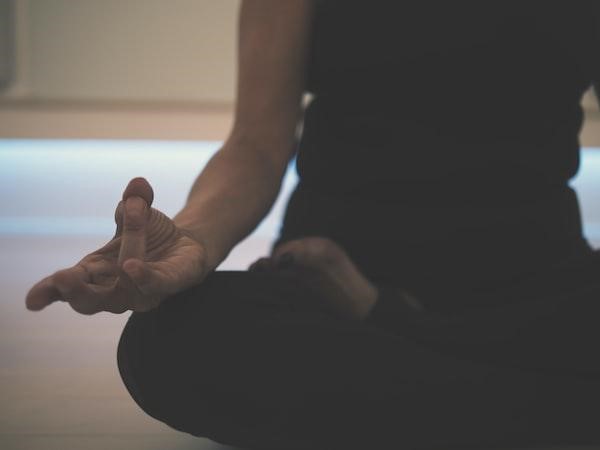New Year’s is the time of year when most people resolve to take better care of themselves—whether that involves joining a gym, eating healthier, or cutting down on alcohol. But improving your physical health isn’t the only New Year’s resolution to consider. Your mental health is just as important, and research shows that certain habits can have a significant influence on our mood and mental wellness.
So, how can you manage your mental and physical health this year? No matter what your resolutions look like, here are some simple tips to help you achieve your goals and combat stress in 2023.
-
Evaluate your sleep schedule.
Maybe you’ve been staying up later to hit the gym or get more work done, but sacrificing your sleep schedule isn’t the answer to achieving your New Year’s goals. The best way to improve sleep is to set a consistent bedtime and awake time. To boost your mental resilience and improve your mood, avoid sleeping in on weekends and don’t try to catch up on lost sleep with naps.
-
Find a hobby that you enjoy.
If you’re resolving to practice more self-care this year, a hobby is the first step. Finding a new hobby—or going back to one you’ve let slide over the years—is a great way to treat yourself to a fun new activity and build mastery in something. Ultimately, finding a hobby you enjoy helps you feel good about yourself. As you get better at it, you’ll notice a major self-confidence boost, too.
-
Take a social media detox.
If you’re spending hours scrolling through social media, you’re probably no stranger to the comparison trap. In reality, social media makes most of us more stressed and anxious, especially when we’re comparing other people’s lives to our own. Take breaks from social media, whether that’s deactivating your account for a few weeks or leaving your phone in another room for a few hours.
-
Make meditation part of your daily routine.

Want to decrease stress over the long term? Meditation is one of the best things you can do for your mental health. According to the American Psychological Association, research consistently shows that mindfulness meditation decreases stress and increases overall well-being. Even as little as five minutes each day can help you make a positive change in your lifestyle. If you’re not sure where to start, a licensed therapist can help you find effective meditation strategies. -
Invest in a planner.
Trying to form new habits? Feel like you have too much on your plate? If you’re feeling stressed, write down your to-do list on paper. This way, you can mark down when you’ve done different tasks, remind yourself of different goals, and plan for what your week will look like.
-
Practice gratefulness.
Research shows that one of the simplest ways to boost well-being is to practice gratitude and compassion. Each day, take some time to reflect on the good things in your life—whether that’s having your finances under control, enjoying your profession, or something in between. Try keeping a gratitude journal to keep track of everything you’re grateful for.
-
Show yourself some compassion.
Remind yourself that it’s okay to slip up, miss a day at the gym, or eat takeout. Chances are, you’re not going to form perfect habits overnight. Avoid overwhelming yourself, and let yourself be flexible when it comes to achieving your New Year’s resolutions.
-
Start journaling.
No, journaling isn’t the same thing as your daily planner. A personal journal can help you work through potential challenges and obstacles. It’s also a good place to write down negative thoughts so you can free them from your mind.
-
Leave time for self-care.
Self-care is important, even if it’s not on your New Year’s resolution list. Brainstorm a list of self-care activities that make you happy and incorporate them into your routine. This could be meeting with your counselor, working with a support group, or even taking a walk outside to clear your mind.
-
Prioritize your mental health.

Whether you’re dealing with occasional anxiety or substance use, your mental wellness matters. There are countless resources available online about common mental health and substance use conditions to help you learn more about your specific challenges. If you’re looking for extra support, consider talking to a licensed counselor.
To find a good fit, reach out to a psychologist through Lifeworks. Our supportive therapists provide compassionate counseling in Carrollton TX to help you manage life well. There’s no shame in seeking help, and we’re here to help you find lifelong strategies to manage your mental wellness.




